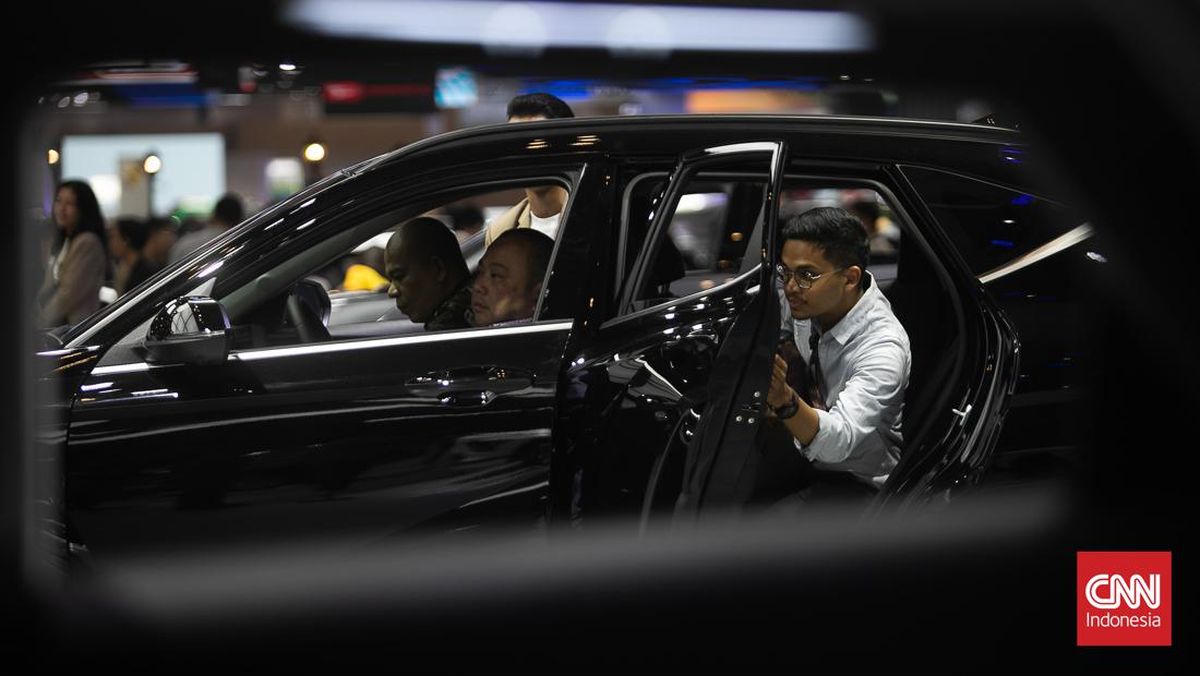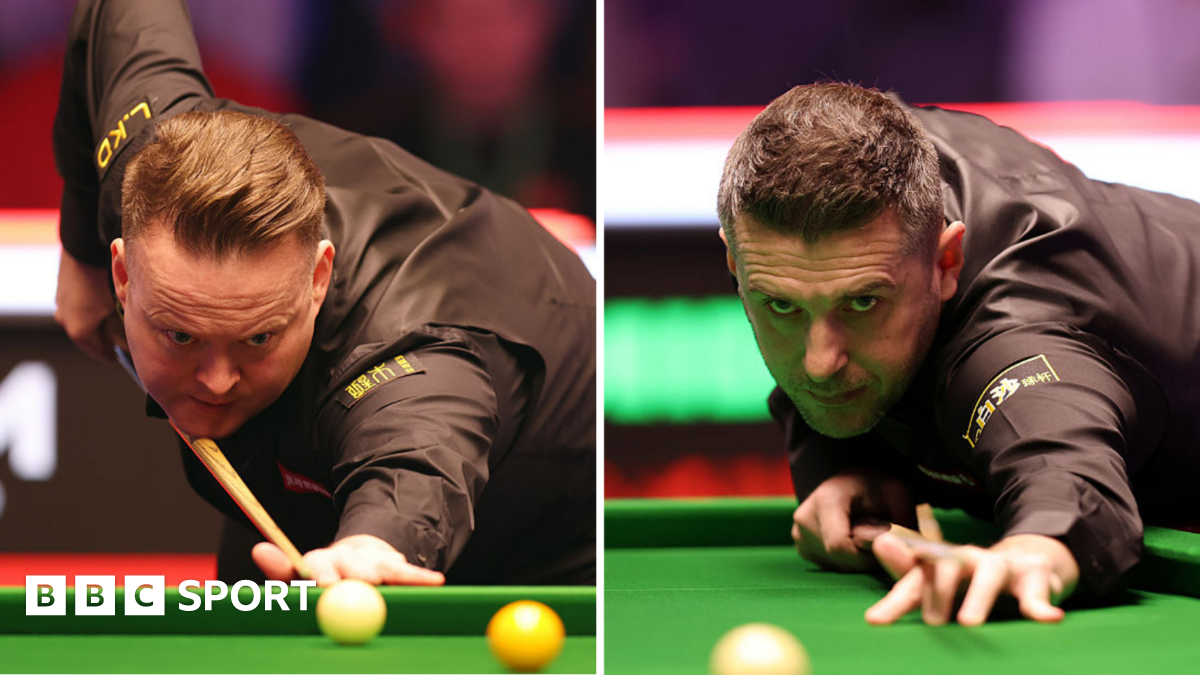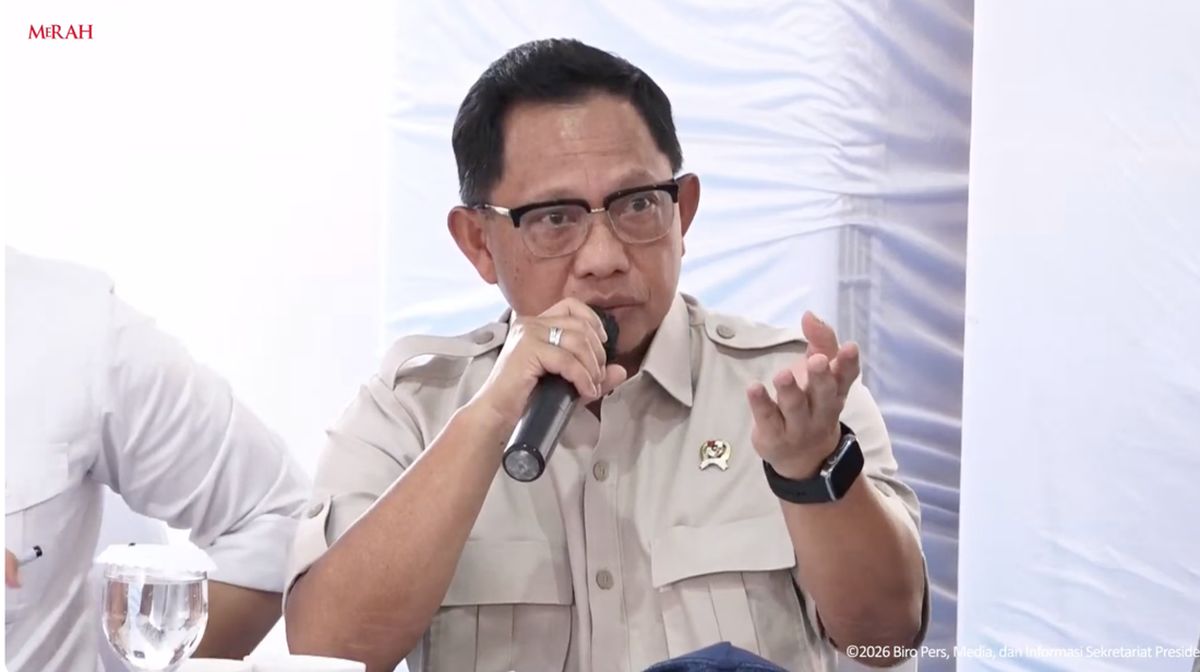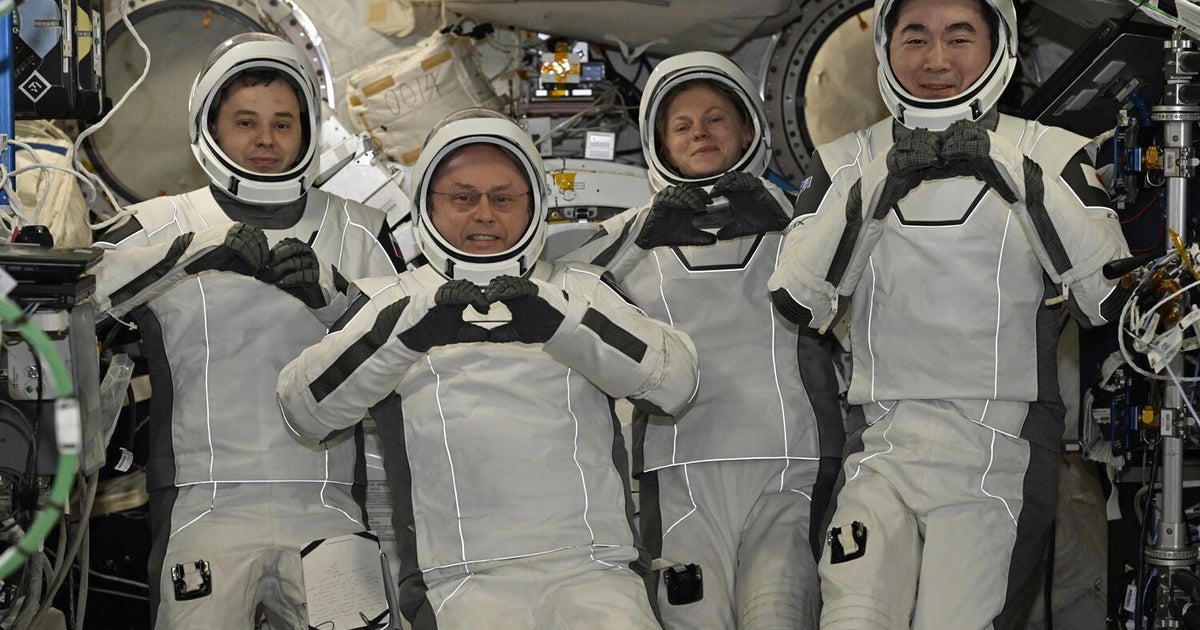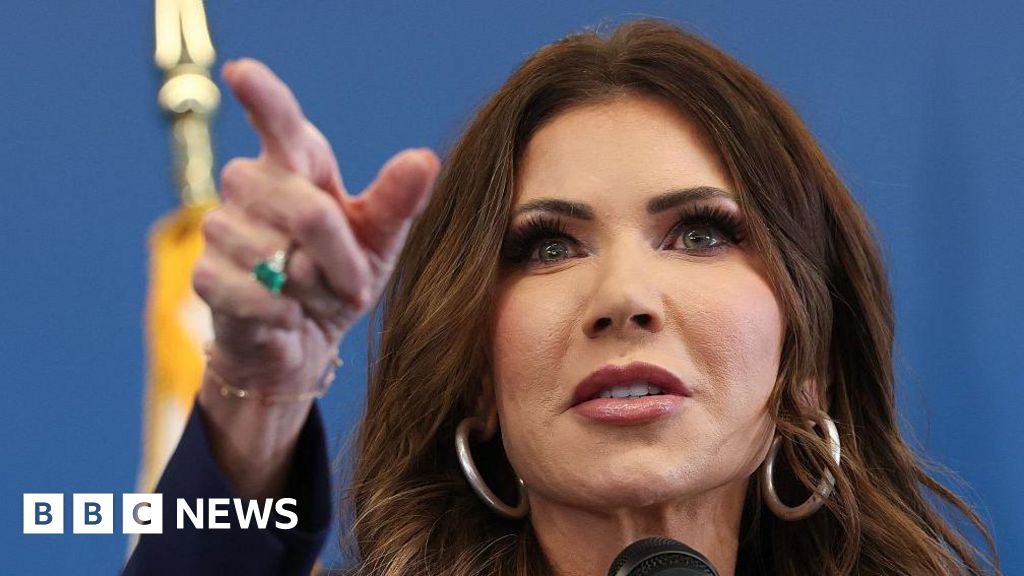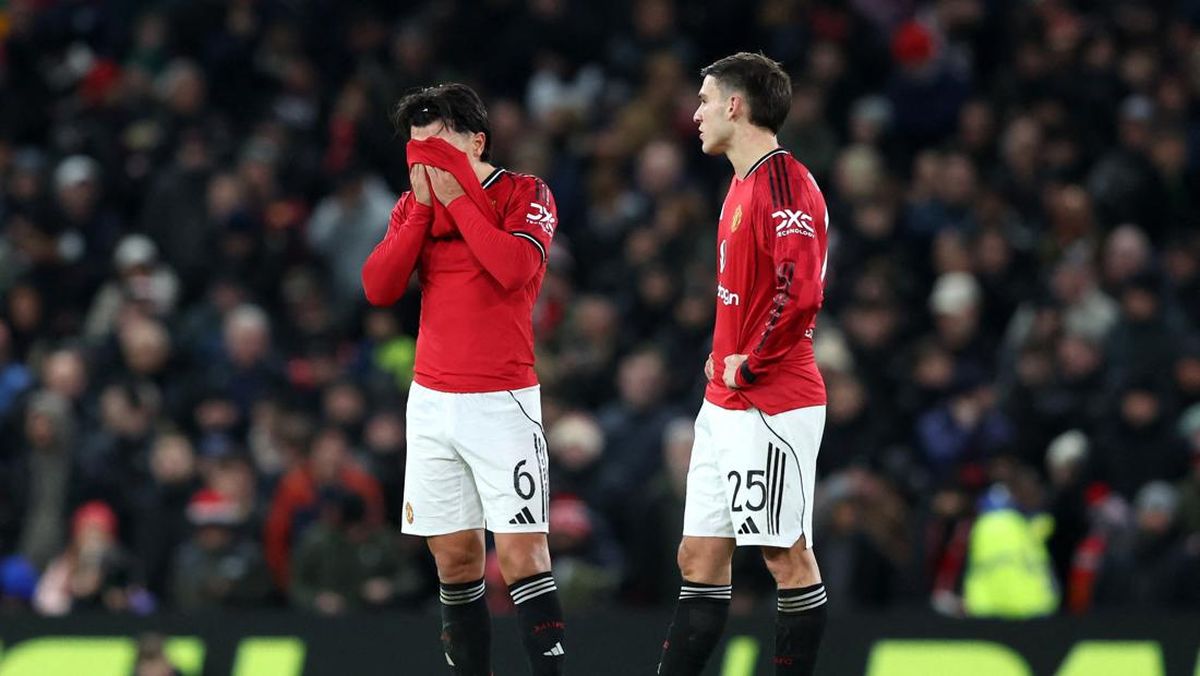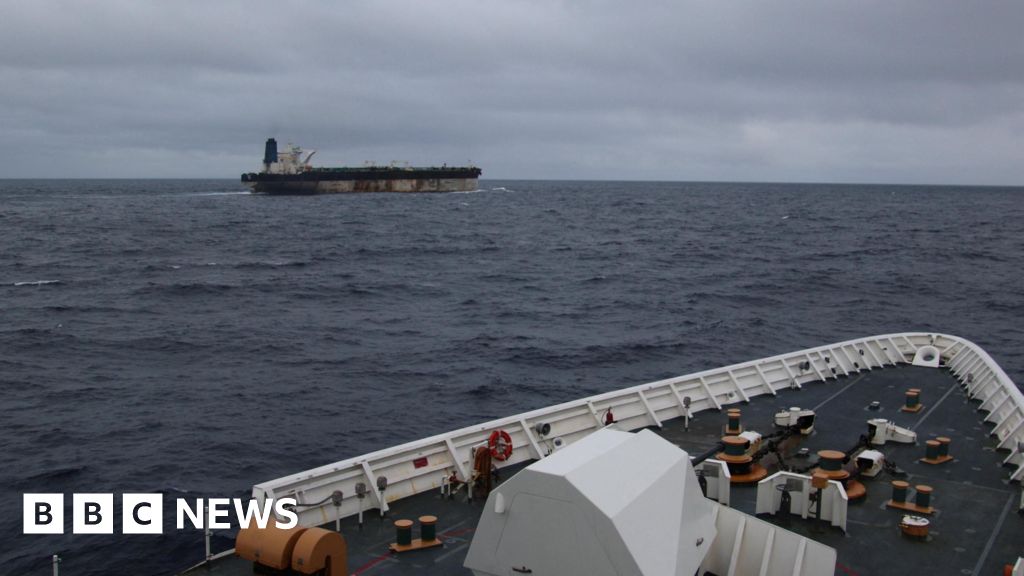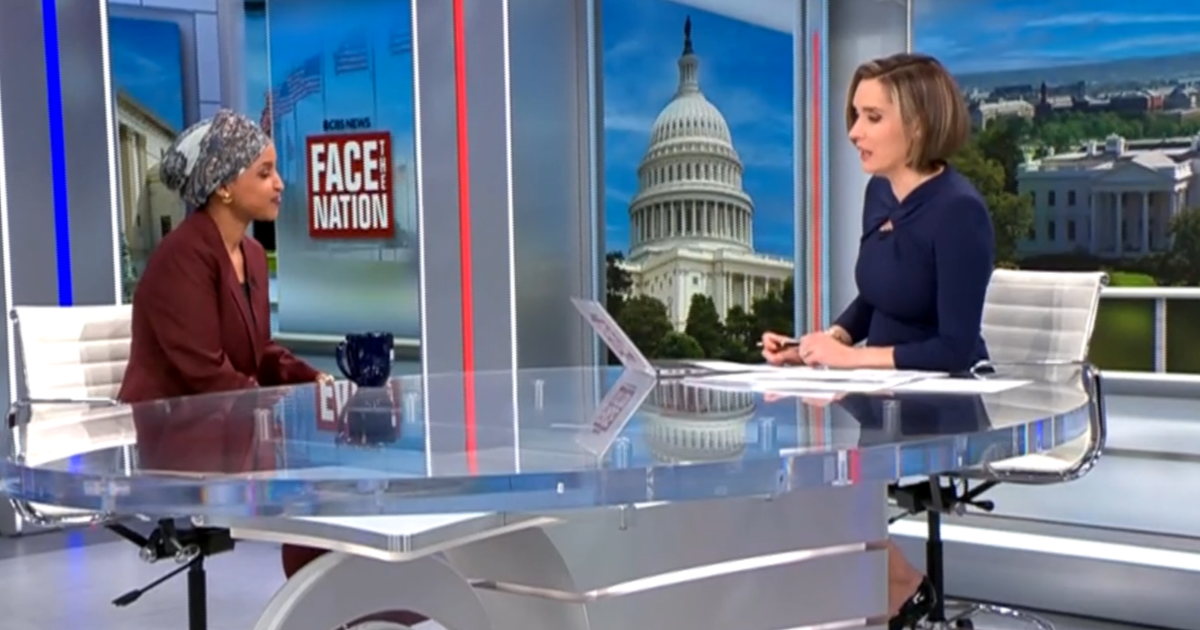In the world of rock’n’roll, reunion tours are typically driven by one of two things: contractual obligation or the desire to make some serious coin. In the case of Spinal Tap, both were at play.
“The four of us had 40 per cent of the profits and we never got a penny,” says writer-director Rob Reiner of This Is Spinal Tap, the legendary 1984 fictional rock documentary he created with co-writers and stars Christopher Guest (lead guitarist Nigel Tufnel), Michael McKean (singer-songwriter-guitarist David St Hubbins) and Harry Shearer (bassist Derek Smalls), in which they played an English heavy-rock band. Reiner played the earnest filmmaker charting their disastrous tour of North America.
“I’m not exaggerating,” Reiner continues. “It’s gonna sound ridiculous but we got 82 cents apiece.”
Surely he can’t be serious. This is, after all, a movie that helped shape the mockumentary genre, spawned catchphrases and memes galore, generated real-world concert tours and albums, and has been on constant rotation one way or another for decades, earning a legion of actual rock-star fans along the way.

The band in their heyday in This Is Spinal Tap.Credit:
“I’m serious. I’m serious,” he blusters. “It sounds ridiculous. We’re talking about video cassettes and DVDs and Blu-ray and every damn thing.”
Shearer – who is best known for voicing multiple characters in The Simpsons (Mr Burns, Smithers and Principal Skinner among them) – was so incensed by the injustice of it all that in 2016 he launched legal action to try to get a better deal. He won, and in 2018 the rights to This Is Spinal Tap reverted to the four creators.
“And once we had the rights back we said, ‘Well, what do we do with this?’” says Reiner.
A sequel was the obvious answer, mostly because people had been asking for one for years. But initially the fab four resisted, “because we were done”.
Fair enough, too – they’d been doing it a long time. Finally they relented, and so we have Spinal Tap II: The End Continues, as well as a companion book, written by Reiner, called A Fine Line Between Stupid and Clever (the title, he says, “is my favourite line from the [original] movie”).
It’s been quite the journey. The first seed of Spinal Tap was sown in 1979, when a proto version of the band appeared on Reiner’s sketch program The TV Show. The characters didn’t yet have names but their keyboard player did: it was Loudon Wainwright III, who had a huge hit in 1972 with the novelty song Dead Skunk in the Middle of the Road but is best known these days as the father of musical siblings Rufus and Martha.
Guest, McKean and Shearer all play and sing. But before they started work on the mockumentary in 1983, Reiner reveals in the book, they considered fleshing out the band with some heavyweight pros. “We actually had meetings with Paul Stanley of Kiss and John Densmore of The Doors,” he writes. “But ultimately we decided that known musicians would alter the parallel rock universe we had created for Tap.”
Though it was a film made by comedians (albeit comedians who could actually play), This Is Spinal Tap resonated with musicians because it took seriously the tropes it was mocking – of both rock and documentary.
“I studied as many rock’n’roll documentaries as I could at the time,” says Reiner. “There are way more now, and there’s some great ones, but at that time there was Bob Dylan in Don’t Look Back, there was The Song Remains the Same, which was Led Zeppelin, and The Kids Are Alright, which was The Who.”
The gang of four were, he says, “trying to make fun of the way they did those things” – and especially of the self-seriousness that infused the likes of Zeppelin. But it was Martin Scorsese’s The Last Waltz, about The Band, that proved the key influence.

Filmmaker Marty DiBergi (Reiner) interviews Nigel Tufnel (Guest) in his cheese (and guitar) shop in Spinal Tap II: The End Continues.Credit: AP
“I’d never seen a documentarian put himself in the documentary,” says Reiner. “So that gave birth to Marty DiBergi, the character I play in the film.”
As he tells me this I’m struck by the fact I had never before clocked the DiBergi-Scorsese connection. Then again, when I first saw This Is Spinal Tap I was about 15 minutes in before I twigged that maybe it wasn’t a genuine documentary about the most ridiculous band that has ever existed, so maybe I’m just a bit slow. But many others have seen plenty of truth in that parody, too.
“The brilliant insights from Tap have become part of our culture – certainly part of musical culture,” writes David Byrne in the foreword to Smell the Tap, the flip-it-over section of Reiner’s book in which Marty DiBergi interviews the band (in character). “How many of us on the road have said, ‘These go to 11’, or, ‘Hello, Cleveland!’ while lost in the bowels of some dank venue basement. Like in a Borges (or Philip K. Dick) story, we wonder if the Gallagher brothers are reading from a script written by Tap.”
There is method to the Tap madness. But it exists purely in the moment.
“All the dialogue is improvised,” says Reiner. “We have ideas for scenes and we’ll put the scene up on a bulletin board, see how it works, if it’s a good idea, and we try to shape it in some way. But all the dialogue is improvised. People have a hard time understanding that.”
Shooting a film that way means turning the camera on and capturing what you can. For the first movie they recorded about 100 hours of footage, which was ultimately whittled down into a lean, 82-minute feature.

Spinal Tap, from left: Derek Smalls (Harry Shearer), Nigel Tufnel (Christopher Guest) and David St Hubbins (Michael McKean).Credit:
Filmmakers will often tell you that movies are really made in the edit suite. But in the case of a mockumentary from this crew (and Guest’s own films, including Waiting for Guffman, Best in Show and the folk-music-themed A Mighty Wind) that’s especially so.
“You wind up basically writing with the pieces of film,” says Reiner. “You generally know what the shape of it should be but scenes that you thought were going to work don’t work, other scenes that you didn’t think were going to work do work, and you move things around. And then you ultimately shape something into what you wind up with.
“I found something very interesting with the first film we did. If you can get the dialogue to where it makes sense, you can put almost any visual to it. The audience will be tripped up if they hear inconsistencies in the dialogue much more than if they see mismatches in the visuals. So you’re essentially creating a script in the cutting room.”
Making this belated sequel, the approach remained the same. But getting to the point where all four felt they could and should do it? Well, that had them on shakier ground. After all, why risk tarnishing the reputation of the first film?
“We really resisted the idea for the longest time because we felt it was a high bar,” says Reiner. “I mean, the film was in the Library of Congress, it’s been put in the National Film Registry, and ‘this goes to 11’ is in the Oxford English Dictionary. We said, ‘That’s it, we don’t want to touch this thing’.”

The phrase ‘it goes all the way to 11’, from This Is Spinal Tap, has entered the language.Credit:
Spinal Tap, the band, had a life beyond the first movie, of course – touring, recording and releasing albums, even playing at Glastonbury in front of more than 100,000 people. They were a joke that people took seriously – or seriously enough.
But by the time they sat down to talk about what it meant to have won back the rights to the first film, it had been 15 years since Shearer, Guest and McKean had played together.
“So we said, ‘Wait a minute, why is that? Is there bad blood?’” Reiner says. “And that became the basis of the film.”
Like so much else in the Tap story, it was a case of reality informing fiction. Time will tell if that fiction goes on to inform reality again but you wouldn’t bet against it.
“It came out of a very natural place,” Reiner says of the sequel. “We wouldn’t have done it unless we thought this film could stand on its own.”
An audience with Spinal Tap
In the 40 years between the release of This Is Spinal Tap and the making of its sequel, the fictional band has collected some very real, and very high-profile, musician fans. And two of them were tapped (ahem) for The End Continues: Paul McCartney and Elton John (Sirs both).
The former wanders into a recording studio in New Orleans while the band is trying out a new number, and offers some suggestions about how to improve the song. Needless to say, David St Hubbins is none too impressed.
McCartney joins the band in the studio, and eventually on stage, for a rendition of Cups and Cakes, the B-side to (Listen to) The Flower People, the band’s debut single, recorded in 1967 during a brief flirtation with psychedelia. Their scenes are priceless, and way more than cameos.
But when I ask St Hubbins about the McCartney incident, he bristles.

Paul McCartney paid a visit to the recording studio but not everyone was impressed.Credit: AP
“I’m really tired of talking about this, really,” he says. “It was not a match made in heaven, put it that way.”
“He was a man, not a match,” says Smalls.
“I know that,” says St Hubbins, tetchily. “But I’d just like to move on from it. We had a few disagreements. But you know what? He did do a lovely version of Cups and Cakes and he’s recorded it for us. All is forgiven.”
There was, it turns out, quite a lot to forgive. Bad blood is why Tap had not played live together for 15 years. Contractual obligation – the daughter of their late former manager inherited a signed note that required them to play one last show – is why they finally came together for a single concert in New Orleans, as recorded by DiBergi in The End Continues.
“It’s been a mixed bag, really,” St Hubbins says of the reunion. “I mean, we had a lot of fun, and we had a few hiccups along the way, some personality problems, but we’ve worked everything out, pretty much, except for the lawsuits.”
“It wasn’t our choice to do this in the first place,” adds Smalls. “It was foisted, or forced-ed, upon us.”
“But once we got together, you know, we sort of rolled on because we’ve done this so much,” says Tufnel. “You get the groove, you have a little bicker and then you go and have a little bicky as well.”
“And you wear these little things these days, these in-ear monitors,” says Smalls. “It really helps because you can turn it up so that you’re only hearing what you’re playing and you can ignore the other people.”
“If there’s ever a squabble between two members of the group, and I’m not one of them, I just crank it down and I go into a world of my own,” adds St Hubbins.
They’ve each been in a world of their own for the past 15 years: St Hubbins composing soundtrack and on-hold music, Smalls running a glue museum, and Tufnel as proprietor, with his partner Moira, of a cheese (and guitar) shop.
They’re getting on now, the Tapsters. So I ask Nigel, given a choice between a career on the road or a career in cheese, which do you find more satisfying?
“I don’t think you have to choose, really,” he says. “I mean, we came down to New Orleans to do the show and then I went back to the cheese shop with Moira. And if we were to do another gig – and there are rumours that we might – then, you know, she’ll handle the cheese shop while I do the gig.

The cover of Rob Reiner’s book A Fine Line Between Stupid and Clever.Credit: Simon and Schuster
“I love both of them. They’re very different things, obviously. The road doesn’t smell the same as the cheese shop.”
“Sometimes it does,” says St Hubbins.
“The buses smell like that occasionally,” Tufnel agrees.
“Especially when the drummer doesn’t remember, ‘you’re not supposed to do that’,” St Hubbins says. “At 3.30 in the morning the atmosphere is thick.”
“There’s a big sign [on the tour bus] that says, ‘No poo please’,” Tufnel helpfully elaborates. “And for the drummer it’s as if it said, ‘Please poo’.”
“It’s as if the sign said, ‘Do not read sign’,” says St Hubbins.
“But if you go into a cheese shop, you’d know what to expect,” Tufnel says, coming full wheel, as it were. “A Stilton, a cheddar, Edam, whatever.”
“Maybe the drummer thought he was in a hotel,” observes Smalls.
“A moving hotel?” Tufnel asks.
“Yeah. The Stilton.”
Loading
Spinal Tap II: The End Continues is in cinemas from September 25. A Fine Line Between Stupid and Clever, $36.99, Simon & Schuster, is out now.
Must-see movies, interviews and all the latest from the world of film delivered to your inbox. Sign up for our Screening Room newsletter.



